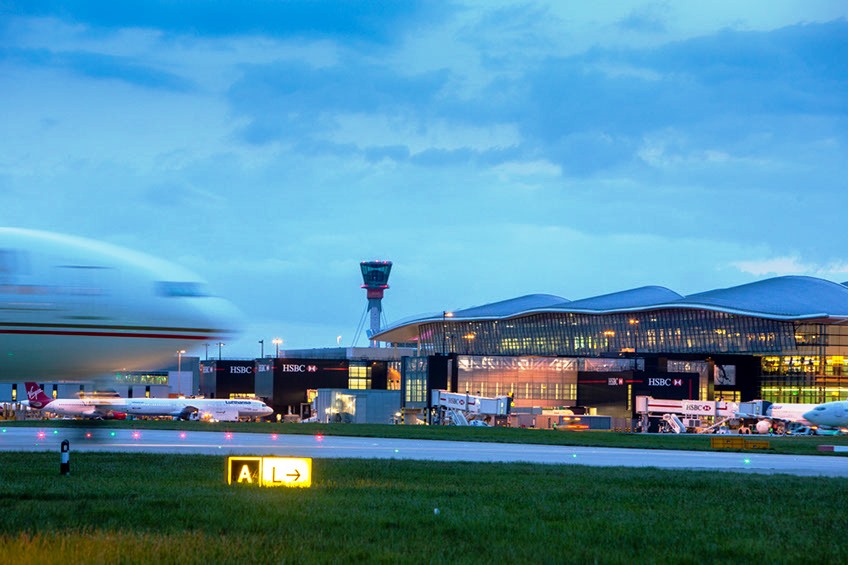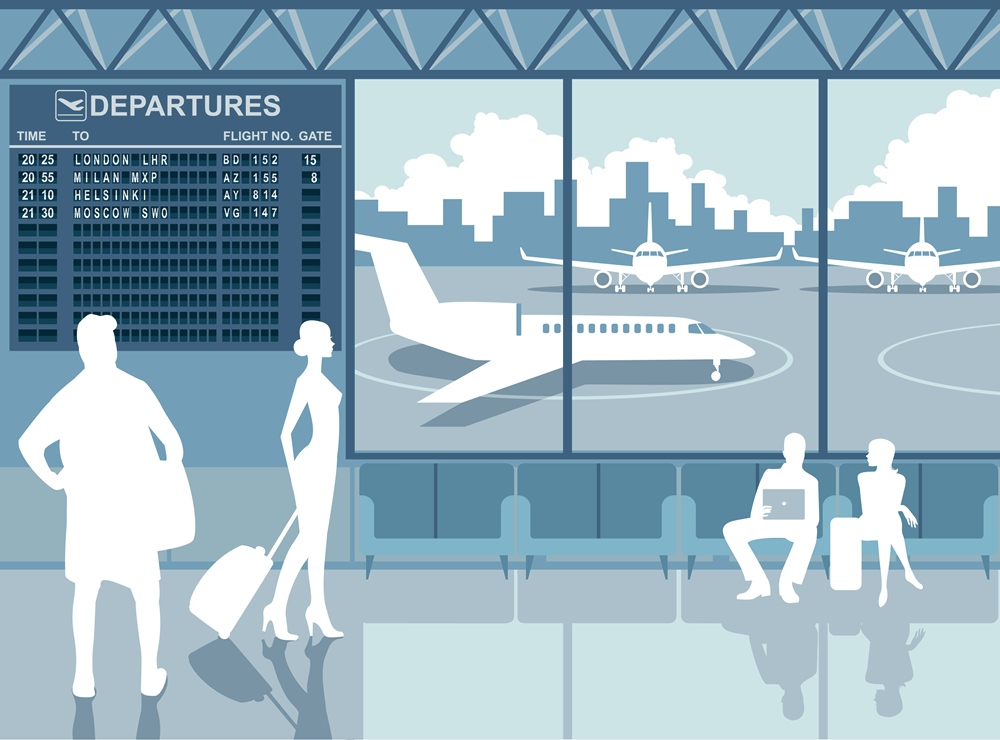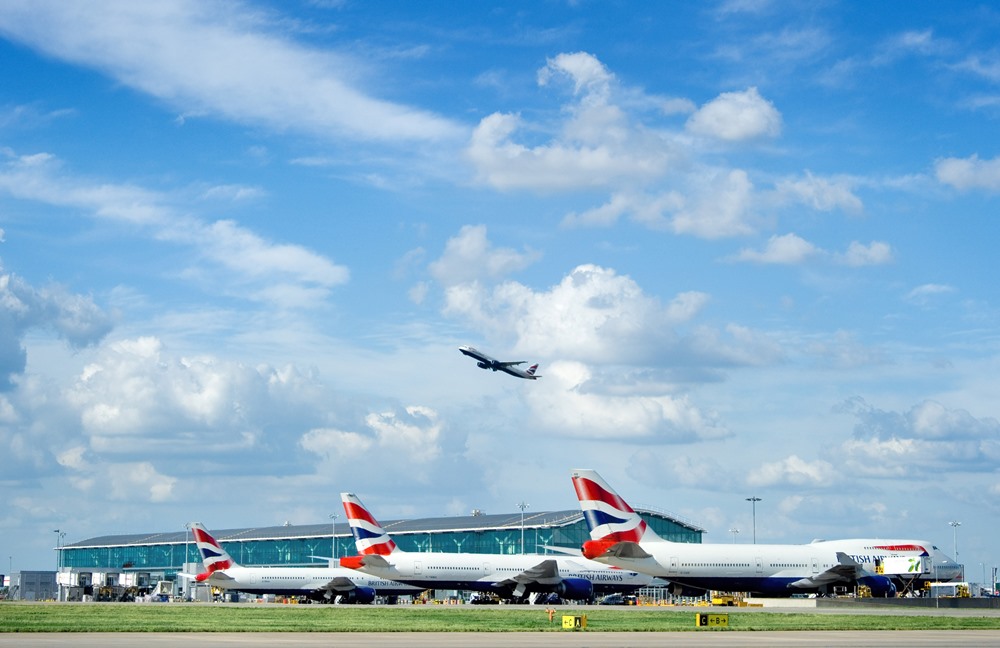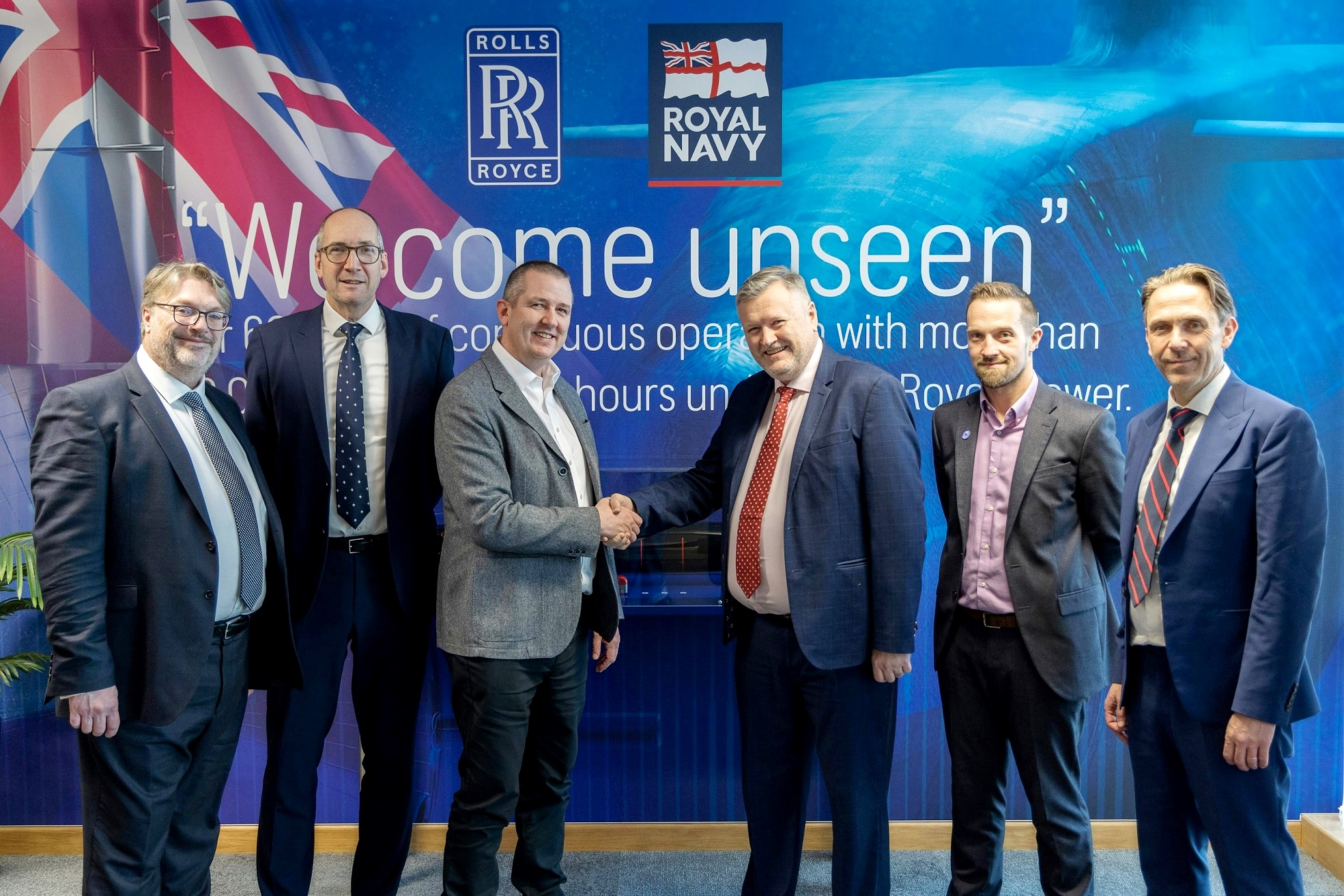Heathrow accelerates SAF adoption

Image courtesy Heathrow
In 2025, £86 million will be available to airlines through the airport’s SAF incentive scheme, targeting 3% of aviation fuel used at Heathrow to be SAF - amounting to 187,000 tonnes. Heathrow continues to lead on SAF use in the UK, with the incentive 1% above the UK mandate. The SAF mandate came into effect 1st January 2025.
SAF, a fuel alternative to traditional fossil-based kerosene, can cut lifecycle carbon emissions by 70% on average by utilising feedstocks such as used cooking oil and other waste materials. The scheme encourages airlines to switch to SAF by approximately halving the price gap between kerosene and its cleaner alternative, making SAF more commercially viable for airlines. In 2025, the scheme aims to reduce lifecycle carbon emissions from flights by over 500,000 tonnes. This is equivalent to over 800,0003 economy class passengers round trips from Heathrow to JFK.
The 2025 incentive aims to align with Heathrow’s target to be 1% above the UK mandate in 2030: achieving 11% SAF use at the airport. Integrating SAF into the fuel supply is a crucial step in the airport's journey toward achieving net-zero carbon emissions by 2050.
Heathrow has also published its ‘Nature Positive Plan’ which outlines its commitment to better understand and where possible, reduce Heathrow’s impacts on nature. This is important for tackling the global biodiversity and climate crises. Key commitments include: using nature-based solutions to solve Heathrow’s challenges wherever feasible, expanding nature networks around the airport to support ecological resilience; improving biodiversity management, supporting nature-based carbon removal and being the first airport in the world to commit to adopting the Taskforce on Nature-related Financial Disclosures (TNFD) recommendations for annually reporting on our impacts and dependencies on nature.
Alongside the Nature Positive Plan, Heathrow is updating its sustainability strategy, ‘Connecting People and Planet’ (Heathrow 2.0). The refreshed plan introduces more ambitious goals in areas where significant progress has been achieved, while adopting realistic yet stretching targets in response to evolving circumstances and data-driven insights. It highlights clear progress and increased ambitions in priority areas, including reducing noise impacts, improving air quality and supporting the local community.
Director of Carbon Strategy, Matt Gorman said: “Sustainable Aviation Fuel is no longer a future promise - it’s a proven solution that is powering flights worldwide. Our SAF incentive scheme, part of our Connecting People and Planet sustainability strategy, has made significant progress and we're now exploring options to set a long-term incentive signal to 2030. We are delighted that Government has moved so quickly to legislate the SAF Mandate. We must now accelerate legislation for the SAF Revenue Certainty Mechanism to ensure we can build a domestic industry that will help decarbonise and drive economic growth.”










